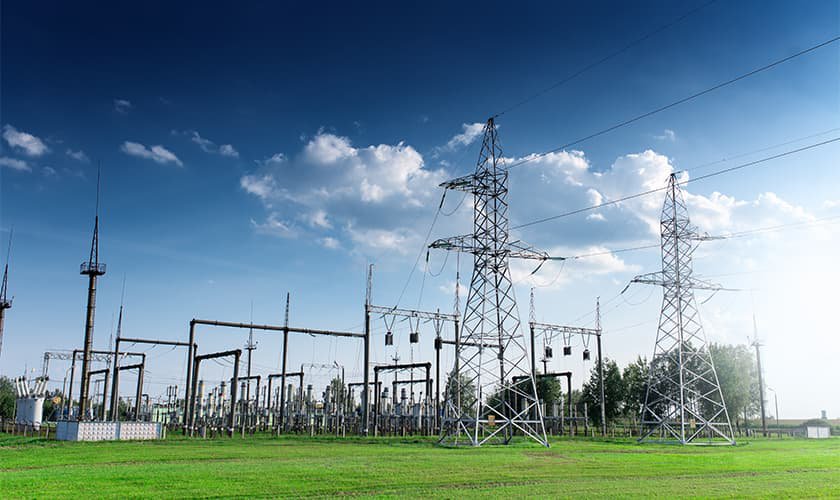The Carolinas Engine
A multi-institutional initiative powering the future of energy innovation across the Carolinas
WHY THE CAROLINAS?
From the first steam engine deployment in the Carolinas in 1834 to the significant global economic shifts following World War II, the Carolinas have experienced a fascinating and dynamic industrial journey. This journey has profoundly shaped their socioeconomic development and current realities. Between 1950 and the 1980s, South Carolina’s per capita income experienced significant growth, increasing by 740%. In all these changes, the reliance on energy systems to fuel industrial development has been historically pivotal. Sadly, today it ranks among the poorest states in the U.S., but there’s hope and ongoing efforts for growth. North Carolina has faced its own set of hurdles, particularly as traditional textile industries declined in both states since the 1970s. Over the last twenty years, the unemployment rate within the development site of the Carolina Engine (Region of Service [ROS] made of 36 counties) has risen from 3.6% in 2000 to about 6% in 2020. Poverty rates have also increased alongside population growth, further constraining resources. Despite these challenges, the region possesses tremendous growth potential -from labor force pooling to favorable tax credits and conducive tech startup environments, required for industrial onshoring and investment.

THE CAROLINAS PROVIDE THE ENABLING PLATFORM TO INCUBATE THE NEXT GENERATION OF TALENTS AND ADVANCED ELECTTRIC GRID SYSTEM
The Carolina Engine’s university-industrial partnership framework plays a vital role in advancing grid technology, including the prototyping and deployment of high-performance conductors, controllers, sensors, and software. It also aims to train the next generation of engineers, planners, and software developers to support these innovations. Part of its plan involves creating K-12 STEM centers across the region to nurture future talent. Traditional electric grids with centralized power plants often experience delays in long-distance transportation and distribution, resulting in energy losses and higher costs. They are also more vulnerable to weather events such as heatwaves, tornadoes, hurricanes, thunderstorms, and floods—issues that are likely to worsen with climate change.
Revitalizing the Carolinas....
Build Tech Startups

By leveraging academic expertise from UNC Charlotte, Clemson University, and industry partners, it aims to cultivate an ecosystem that accelerates innovation in energy systems, smart infrastructure, and clean technologies. These startups will benefit from access to research facilities, mentorship, and industry collaboration, positioning the region as a hub for next-generation energy solutions. This effort not only drives economic growth but also ensures that local talent contributes directly to shaping a resilient, sustainable, and technologically advanced energy future.
Bridging the Industry-Academia Gaps
A core pillar of the initiative is bridging the gap between academia and industry through research-driven development and prototyping of advanced electric grid components. The project enables applied research to move seamlessly from the lab to real-world implementation. This includes the design, testing, and validation of cutting-edge grid technologies such as smart sensors, energy storage, and resilient infrastructure systems. Through this integrated approach, the initiative accelerates innovation, supports workforce development, and ensures that academic research directly informs and enhances the future of energy delivery and reliability.

Build K-12 STEM Centers

K-12 STEM centers aim at inspiring the next generation of innovators. These centers will serve as dynamic learning environments where students engage with hands-on activities in science, technology, engineering, and mathematics. By fostering early exposure to energy systems, sustainability, and emerging technologies, the initiative seeks to strengthen the regional talent pipeline and promote equitable access to high-quality STEM education across diverse communities in North and South Carolina.
Project Partners













